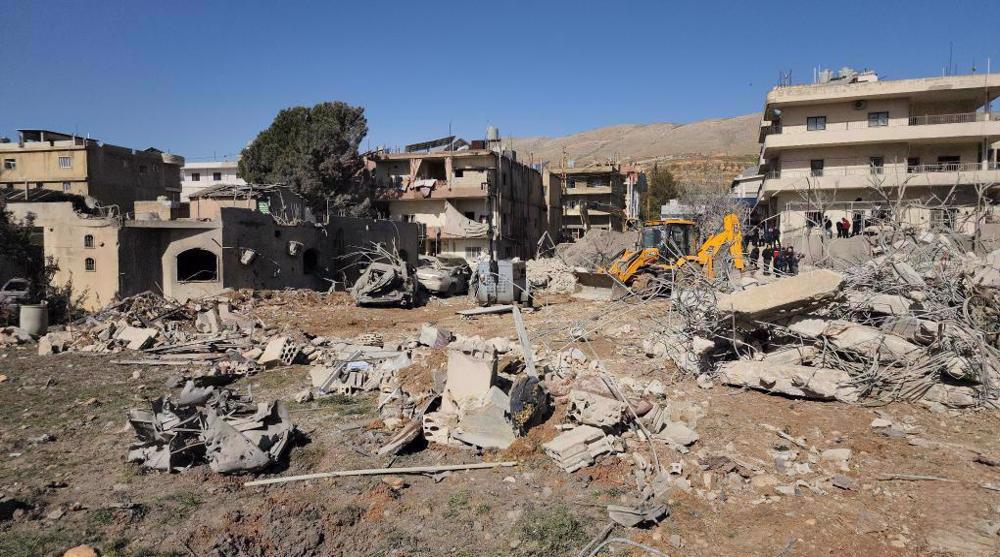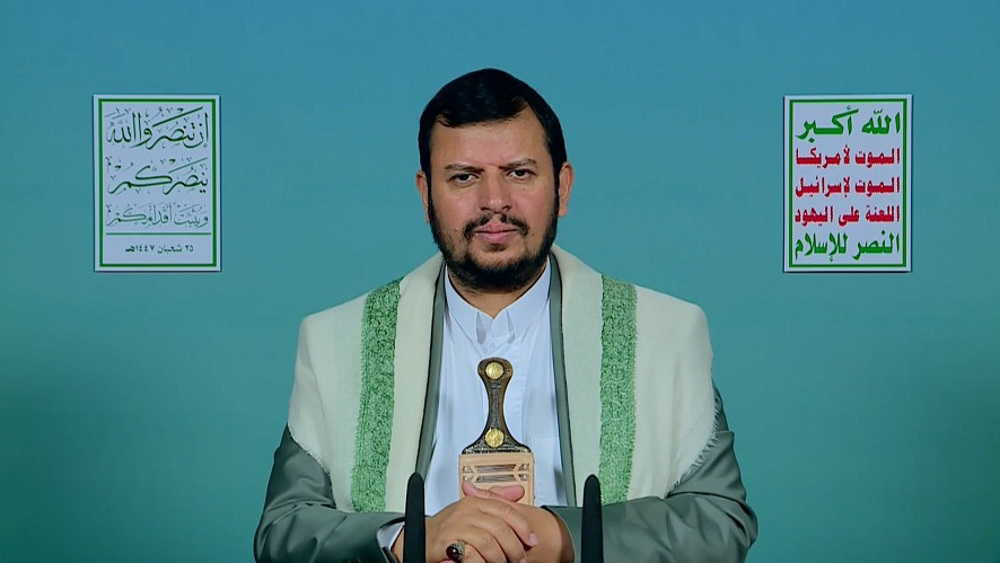Al-Qaeda leader injured in US drone strike in Yemen: Report
The leader of al-Qaeda in the Arabian Peninsula (AQAP), Qasim al-Raymi, has reportedly sustained injuries when a US drone carried out an airstrike in Yemen’s southern province of Abyan.
Informed sources said the drone struck al-Mahfad district of the province, leaving the al-Qaeda leader seriously injured, Arabic-language Yemen Press news agency reported.
The sources said al-Qaeda militants have rushed Raymi to the mountainous al-Maraqsha district after his home was targeted in the bombing which also possibly caused civilian casualties.
Raymi moved from the central Yemeni province of Ma’rib to Abyan earlier this year, when he replaced former AQAP leader Jilal Bilaini.
Bilaini was killed along with three of his bodyguards in an American drone raid on the coastal town of Shuqrah in Abyan Province.
The al-Qaeda in the Arabian Peninsula (AQAP) has taken advantage of the chaos and the breakdown of security in Yemen to tighten its grip on the southeast parts of the impoverished crisis-stricken country.
The Takfiri Daesh terrorist group has also gained ground in and around the main southern city of Aden after the army and their allied Houthi Ansarullah fighters were evicted by a Saudi-led offensive.

On Thursday morning, Saudi warplanes carried out fresh airstrikes in several regions across the country.
There were reports of at least 10 air raids in the Hidhran region, Ghorab Islet, and the old city in Yemen’s southern province of Ta’izz, without immediate reports of casualties or damage.
Saudi Arabia launched its military aggression against Yemen on March 26, 2015 in a bid to bring Abd Rabbuh Mansur Hadi — who has resigned as Yemen’s president and is a staunch ally of Riyadh — back to power.
More than 9,400 people have been killed and at least 16,000 others injured since the onset of the aggression.
The Saudi strikes have also taken a heavy toll on the country’s facilities and infrastructure, destroying many hospitals, schools, and factories. They have also driven 2.8 million people from their homes.
More than 80 percent of the population is in dire need of food, water and other humanitarian aid, according to the United Nations.
Iranian commander dismisses US military buildup in West Asia as ‘theatrical gesture’
US special envoy says Trump ‘curious’ as to why Iran hasn’t ‘capitulated’ yet
Lindsey Graham urges Trump to ignore aides opposing war on Iran
Far-right, anti-Islam protest sparks counter-protests in Manchester
Press TV's news headlines
Sudan’s mining sector suffers $7 billion loss amid ongoing civil war
Ansarullah slams Israel’s massacre in east Lebanon, urges unified Arab action
Iran resolved to uphold nation’s nuclear rights via diplomacy: FM Araghchi




















 This makes it easy to access the Press TV website
This makes it easy to access the Press TV website